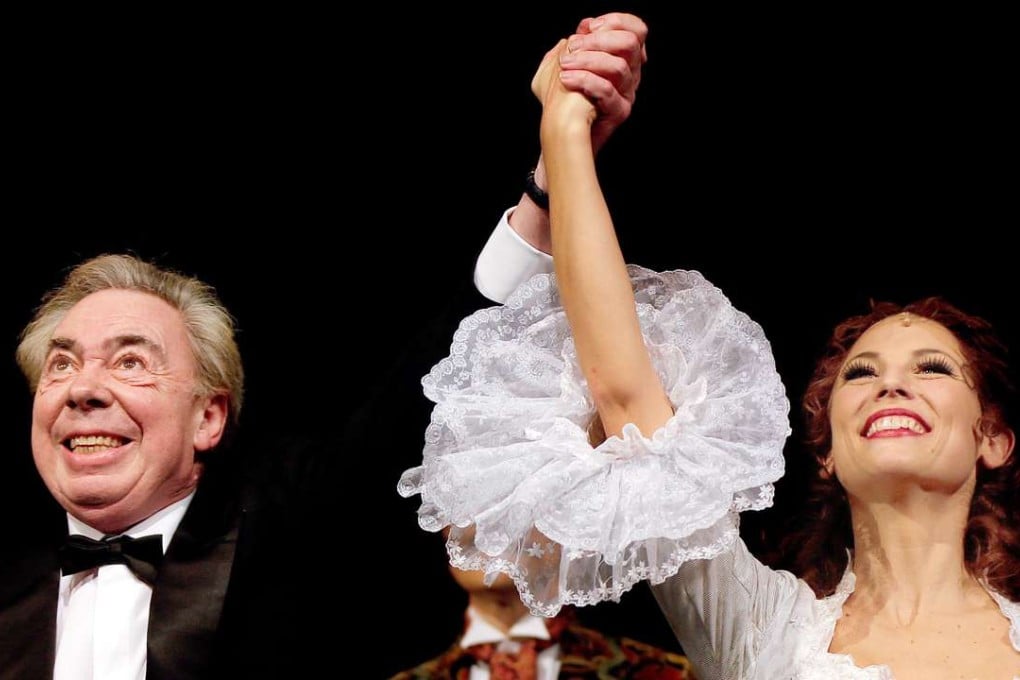Andrew Lloyd Webber wants back into the spotlight before it’s too late
After some musical misses in recent years, the award-winning composer has earned a Tony nomination for his pop score for School of Rock

You hear it in the rat-a-tat manner in which his thoughts spill out, the way his memories rapidly trigger other memories, his insights fire up other insights: Andrew Lloyd Webber is in a race for posterity and against time.
“I’m acutely aware that I’m 68,” the former and current Tony nominee says, sitting in his Upper West Side pied-a-terre, the treetops of New York’s Central Park outside his living room window forming a massive, verdant front yard. The race not only involves keeping track of his myriad projects, of shows he wants to write and others he wants to rewrite, and of still others that are in various stages of birth and rebirth. It’s also a mad dash back from the regrets and serious health issues surrounding some of the work he’s done over the past decade, a series of lacklustre musicals starting with The Woman in White and ending with Stephen Ward that he now feels were ill-conceived or poorly staged – or even misguidedly created while he was on, gulp, morphine.
“I don’t know how I even got to the opening night of Stephen Ward,” Lloyd Webber says, referring to his roundly panned 2013 London musical about the notorious Profumo affair, a sex scandal that rocked the British government a half-century ago. “That’s a show I really ought to look at, because I think I should look at it when I’m not drugged up to my eyeballs.”
Lloyd Webber was medicated for a severe back condition, an affliction that followed his treatment for prostate cancer. “I’ve had effectively four missing years with the cancer and the back pain,” he says; the cancer occurred during the development of 2010’s Love Never Dies, his eagerly anticipated sequel to The Phantom of the Opera. The show, which starred Ramin Karimloo and Sierra Boggess, was so tepidly received in London that after the notices appeared, the composer interrupted the run to try to fix the show.
That this fall-off in quality weighs heavily on Lloyd Webber is reflected in the fact that he is willing to raise the issue, and analyse it, without having to be asked. Perhaps the effort to offer a possible explanation for some lesser work is an attempt to help frame the consideration of his remarkable career as a musical-theatre composer, one that through such enduring hits as Cats, Phantom, Evita and Jesus Christ Superstar is far and away the most commercially successful of our time.